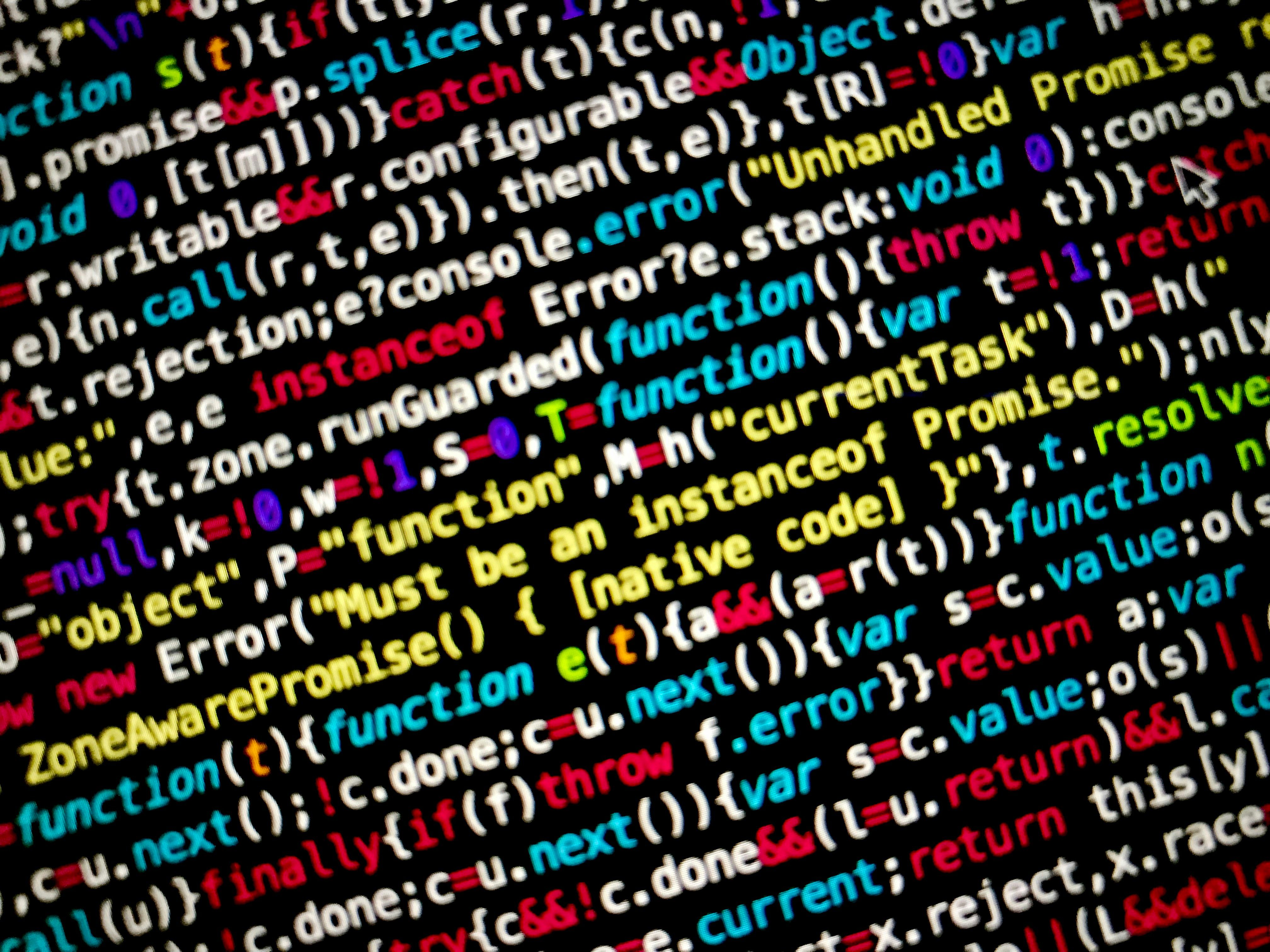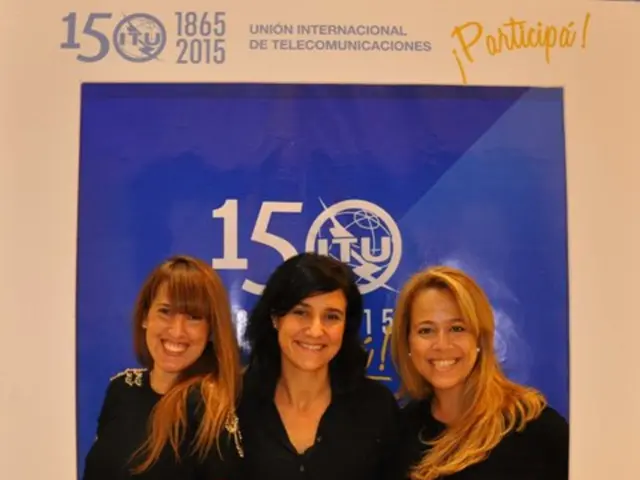Parents Pondering Late-Night Concerns for Their Children: What Awaits Beyond 10:00 PM?
Late-Night Woes for Kids: The Russian Curfew Regulations
Picture: Shutterstock.
Is Your Kid Breaking the Law after Dark? Understanding the Consequences of Violating Russia's Child Curfew
Ever wondered if your kid roaming the streets late at night could land you in hot water? Well, it just might! Here's a lowdown on Russia's child curfew and the potential consequences for parents.
According to education lawyer Elena Krylova, regions across Russia have set curfew hours for children under 18. Generally, kids can't be out without parental accompaniment between 10 PM and 6 AM. However, these hours may vary slightly from place to place. So, if you live in a region that doesn't allow anyone out after 10 PM, your teenagers aged 16-18 might have a curfew as late as 11 PM.
But what happens if tiny Tim or little Sally disobeys and stays out past their bedtime? Krylova explains that it depends on the local police officers. If they notice a child out past curfew, they might issue a warning or move on. But if they take a closer look, they could pop by your house for a chat or even draw up a report against you, the parent.
The Fine Print: Penalties for Parents
So, what are the potential costs of ignoring the curfew? Well, if the authorities decide to take action, they'll slap you with a fine set by the region—typically ranging from a few hundred to three thousand rubles. If this situation repeats itself, the fine may increase, and the authorities might add your family to a "preventive registry" for closer monitoring. So, it's best to keep an eye on the time and make sure your kids are home on time.
But here's the catch: if your family ends up on that registry due to multiple curfew violations, it could potentially pose a problem down the line. Elena Krylova warns that if you get fined multiple times, it could be used as evidence to take away your parental rights in court.
The Inside Scoop: How the System Works
If your kid is caught roaming the streets past curfew, local law enforcement will take them into custody and notify you, their parents. You'll then have to go to the police station and possibly draw up a report. If your child violates the curfew again, expect more visits from the police, and potentially, involvement from child protective services.
However, it's important to note that the child is not typically the one charged with a criminal offense. The focus is mainly on the parents, ensuring they're fulfilling their responsibilities as caregivers.
Curious about the specifics? Here's a handy breakdown:
| Violation | First-time Penalty | Repeat Offense Penalty | Child Protective Services Involvement ||-----------------------|---------------------------|------------------------------|------------------------------------------------|| Curfew (child) | Fine for parent/guardian | Higher fine, registration | Possible assessment, counseling, oversight || | Possible registration | Increased monitoring | |
In conclusion, while violating Russia's child curfew may seem like a minor offense, it could lead to penalties, increased monitoring, and even potential loss of parental rights. So, keep your kiddos in check and avoid a costly night-time tussle with the authorities!
In the realm of general news, it's crucial for parents to be mindful of their children's actions, particularly adhering to the child curfew regulations in Russia. Failure to obey these hours could lead to unexpected consequences, such as fines or even potential loss of parental rights. Moreover, political and legal aspects might become intertwined with crime and justice issues, as a pattern of curfew violations could be used as evidence in court.





